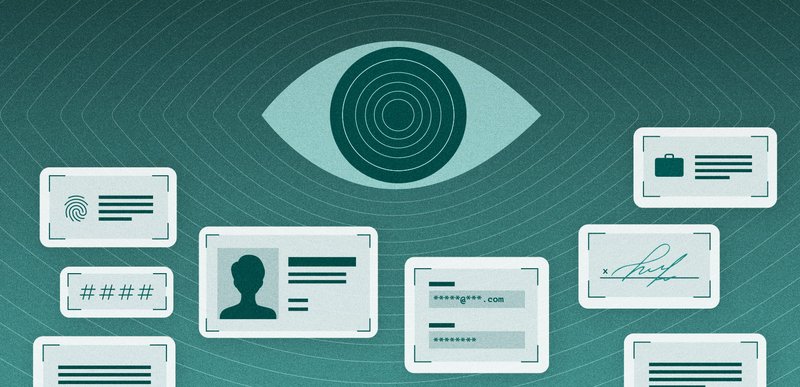
Source: Alex Briñas/New America
April 20, 2025
OTI Senior Policy Analyst Sydney Saubestre was featured in the eighth episode of the sixth season of the Lock and Code podcast by Malwarebytes, sitting down with host David Ruiz to discuss what kinds of data the Department of Government Efficiency (DOGE) has accessed, why DOGE claims to need this data, and whether or not it would be fair to use the term “data breach” in this context.
Saubestre on the argument that people who have “nothing to hide” shouldn’t need to worry about DOGE’s push for data access:
People will say, “Well, I’ve got nothing to hide, so they can surveil me,” right? Like, “I don’t care if they read my email, I’m not doing anything wrong”—but what I think they really mean in that context is, “I’m not doing anything wrong...under the current rules.”
But the rules change, right? And the changes are not always fair. They maybe operate within the legal system, but they’re definitely not ethical—and they’re definitely not, in terms of a norms sense, what we would agree with.
And I think we’re already seeing that, right? Today’s protected activity—which, at this point, stills includes things like protesting, seeking reproductive care in certain states, and even writing an op-ed—they become tomorrow’s risk factors.... It’s the same with your data.
Saubestre on the argument that DOGE needs this data access to eliminate “waste, fraud, and abuse” in government:
We talk about data minimization a lot when we talk about private data access, and I think data minimization within a government context is also really important. And that concept is just, basically, you limit data collection and retention to only what is necessary to achieve a specific purpose. DOGE couldn’t even articulate what their purpose was. I mean, I’m sure we’ll get into the “waste, fraud, and abuse” of it all, but that’s not a specific purpose....
It’s really powerful narrative engineering—I think that’s what happening here. It’s not actually about the results, it’s about the optics....
They’re pushing this dragnet access under the guise of reform, but it’s not about efficiency—it’s about control. Information is power. Data is information. The entity that controls the data, controls the narrative.
Saubestre on the problem with hyperfixating on efficiency in goverance:
DOGE is [supposedly] all about efficiency. It’s in the name that we all now have to say, the Department of Government Effiency. But I don’t think efficiency is even a good framing for government. Efficiency asks, “Did it run fast? Did it run cheap? Did it make something run quicker, or save money?” ...I would understand why that might be a good metric in the corporate world, but I don’t think that it’s a great one for governance.
In government, we should talk about efficacy: “Did we achieve what we said we would?” And obviously, there might be metrics that I care about that aren’t universal, but they should be: “Was it fair? Was the short-term hardship proportionate to the long-term benefit?”
...The framing should be the outcome, not the process, and what they’re talking about right now is process. Anyone can slash a budget and reduce short term spending, but defunding all universities and some of our greatest drivers of innovation...is that going to be a great thing for long-term outcomes? No, I think we’re all going to be worse off.
Saubestre on the importance of government data silos:
Government data silos get a really bad rap, but they serve a purpose.... Do you want the NSA, whose mission is foreign intelligence, to have American tax data? Do you want the EPA to know sensitive medical information that the HHS holds? No, you don’t actually want those agencies to be able to access everything about you.... There’s silos sometimes for a reason. People talk about them as a bug, but actually, they can be a feature—an intentional one. Many laws and agency rules that data silos introduce, they cause friction, and friction actually protects against unchecked access and repurposing.